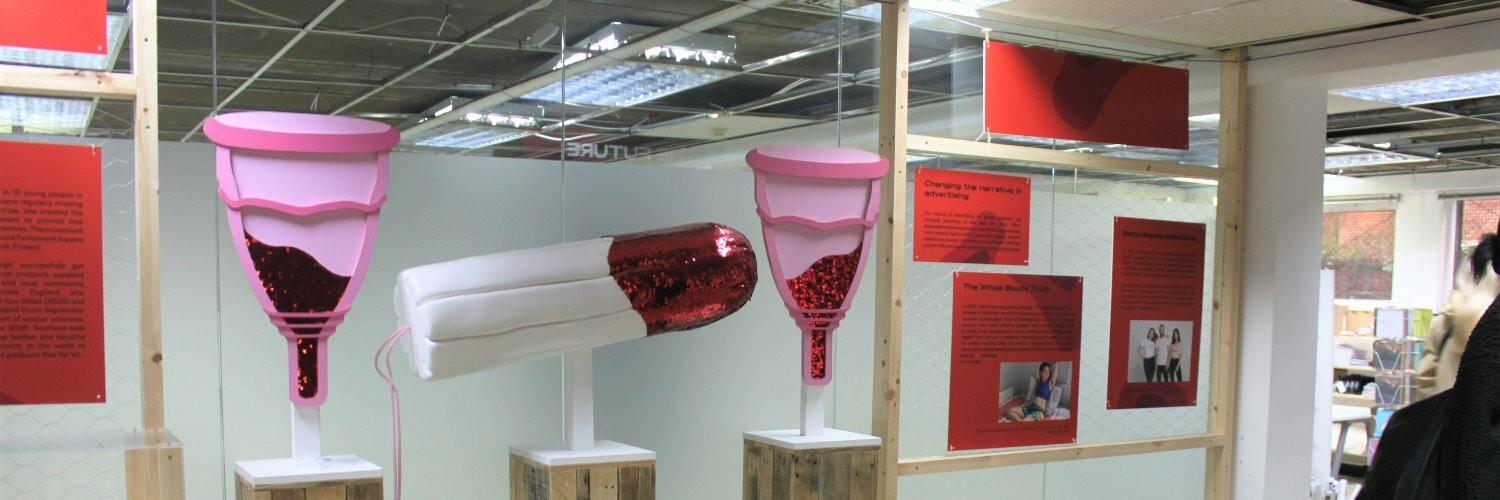


World's first bricks and mortar museum dedicated to vaginas, vulvas and the gynae anatomy.
This profile is from a federated server and may be incomplete. Browse more on the original instance.


World's first bricks and mortar museum dedicated to vaginas, vulvas and the gynae anatomy.
This profile is from a federated server and may be incomplete. Browse more on the original instance.